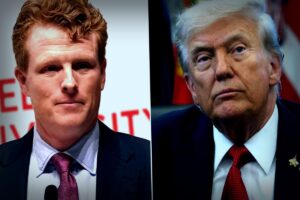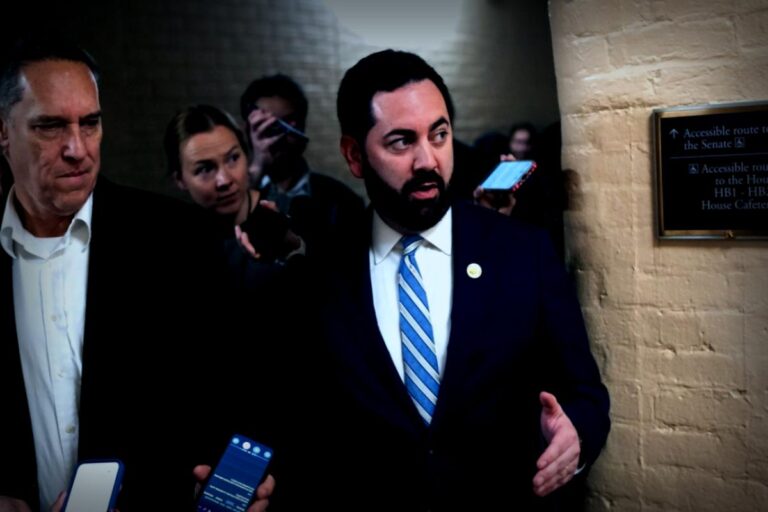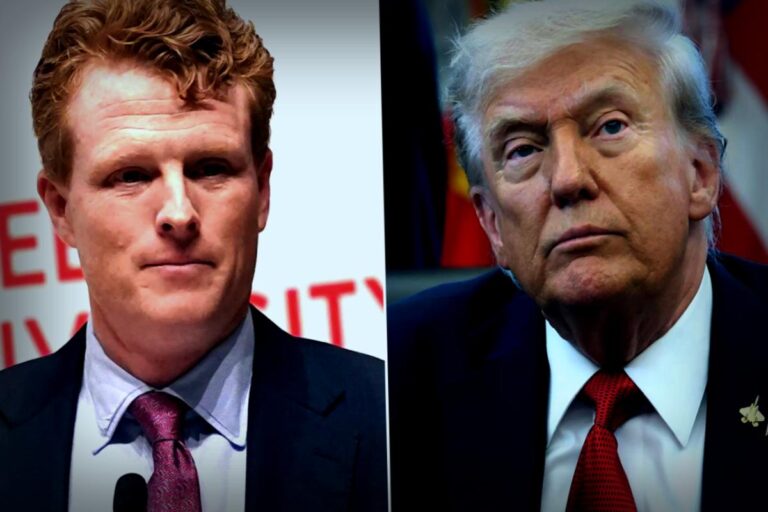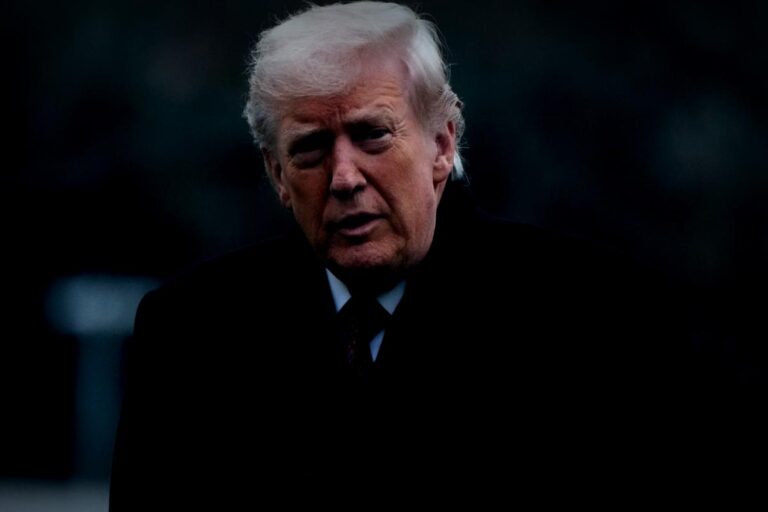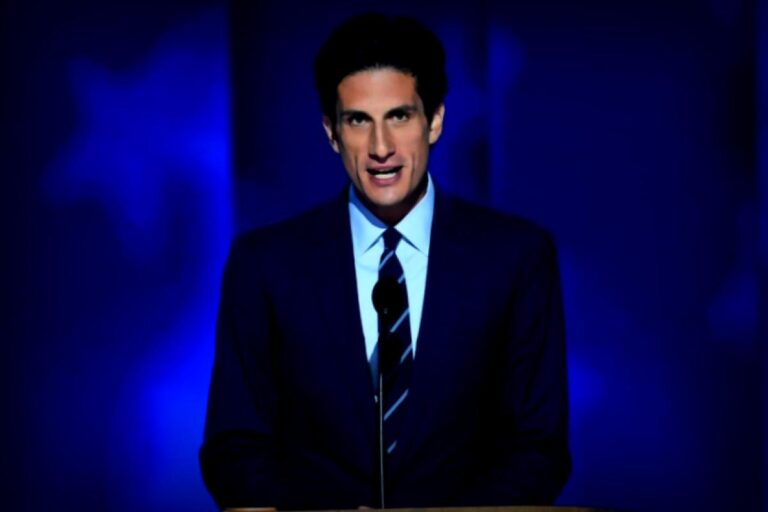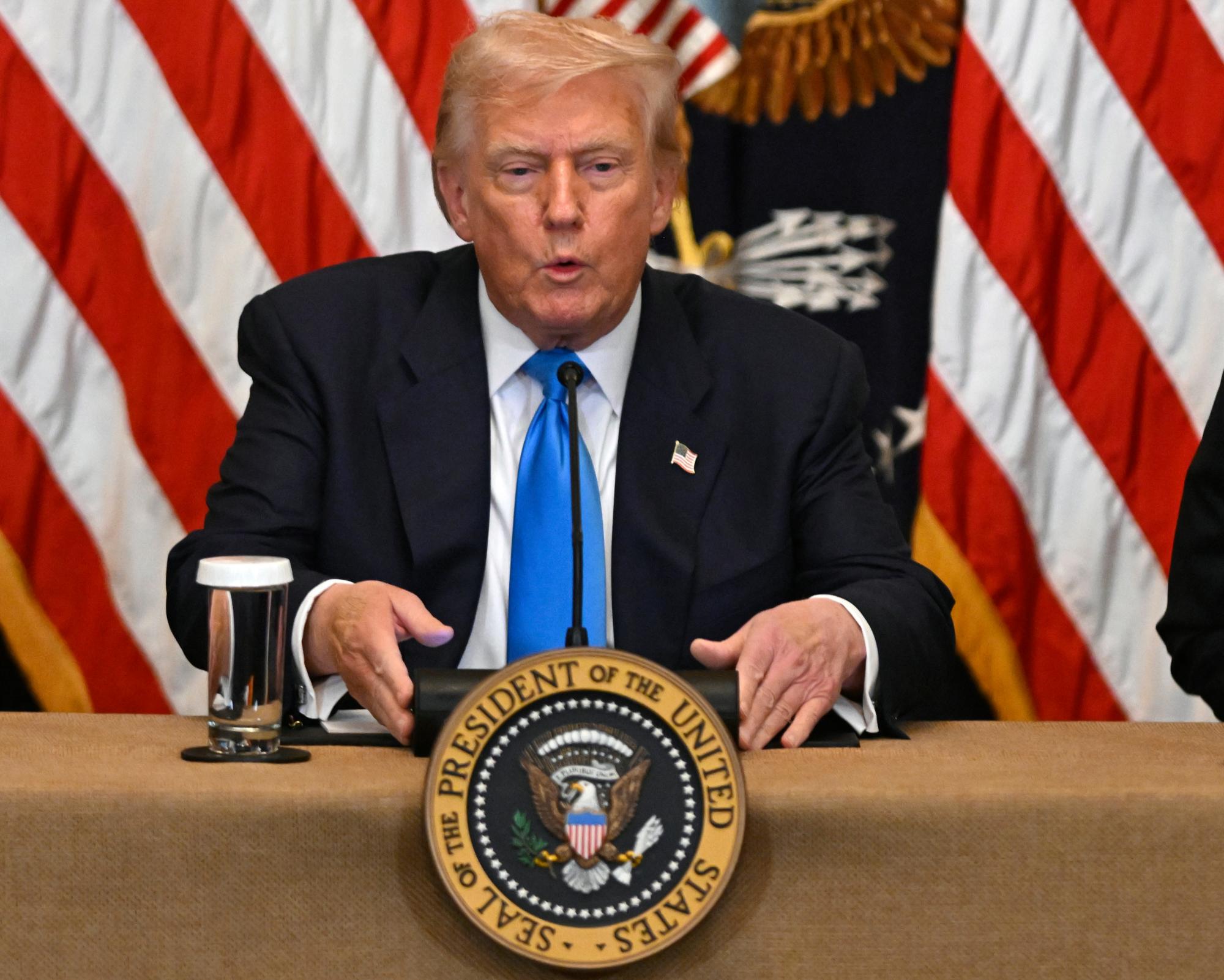
In a recent development, Donald Trump has pushed back the deadline for reaching a tariff deal with Mexico by an extra 90 days. This move has led to a flurry of rumors suggesting he might offer similar extensions to numerous other nations grappling with hefty import tariffs starting this Friday.
As the deadline for the trade deal looms—already pushed back by four weeks from the initial 90-day timeframe—the U.S. president has cited the intricate trade relationship with Mexico as the reason for this decision.
In a message shared on social media, Trump stated, “We will be in talks with Mexico over the next 90 days, aiming to sign a Trade Deal within that period, or possibly longer.”
Just over two weeks ago, Trump threatened to impose a 30% tariff on most EU and Mexican exports to the U.S. However, he later reached a deal with Brussels, settling on a 15% starting rate effective from August 1.
On his Truth Social platform, Trump revealed, “I had a productive phone call with the Mexican President, Claudia Sheinbaum, and we are beginning to understand each other’s perspectives better than ever.”
He explained that negotiating with Mexico poses unique challenges compared to other nations due to the complexities linked to border issues.
“We have agreed to keep the same deal for the next 90 days, which includes Mexico maintaining a 25% Fentanyl Tariff, along with 25% on cars, and 50% on steel, aluminum, and copper,” he said.
Moreover, he mentioned that Mexico has consented to eliminate “non-tariff trade barriers,” although he was vague about what those entail.
Non-tariff barriers can vary from bureaucratic documentation to food safety standards.
Numerous countries, which have yet to finalize trade agreements with the U.S., risk facing punitive tariffs beginning Friday. These nations include some of the world’s poorest, like Lesotho, Bangladesh, and Nepal, as well as wealthy nations such as Canada and Taiwan.
So far, only eight out of the 60 countries Trump threatened in April with reciprocal tariffs have made any form of agreement.
China is working against a separate August 12 deadlines, where an extension has been tentatively agreed but awaits White House approval.
According to U.S. Treasury secretary Scott Bessent, the deal with Beijing is “close,” while Trump also hinted that a trade agreement with Australia could be wrapping up soon.
Other major trading partners aren’t escaping scrutiny either, particularly Brazil, which has been warned of a possible 50% tariff if it doesn’t cease what Trump characterizes as a “witch-hunt” against former President Jair Bolsonaro. Additionally, Canada is facing a looming 35% tariff after a deadline set for tomorrow.
Earlier this week, Canadian Prime Minister Mark Carney suggested a successful trade deal might be unlikely by August 1, but Trump tied its potential success to Canada’s stance on Palestine. Just after midnight Washington time, he expressed his concerns through social media.
He commented, “Wow! Canada has just announced that it is backing statehood for Palestine. That makes it very challenging for us to finalize a Trade Deal with them. Oh, Canada!!!”




